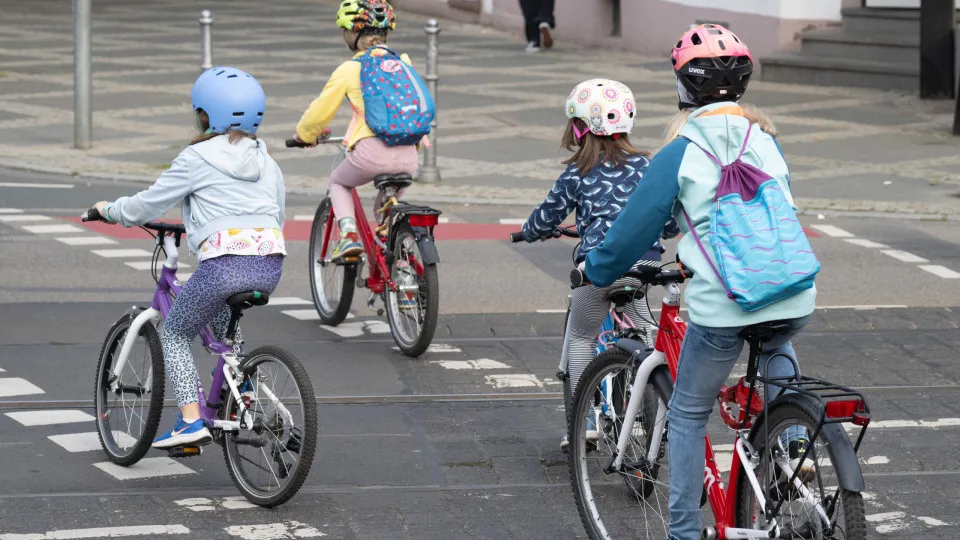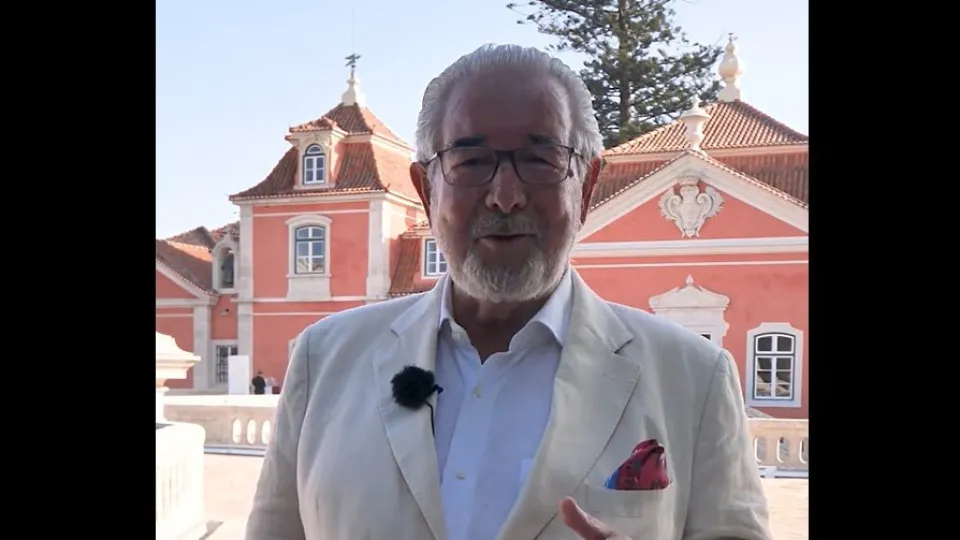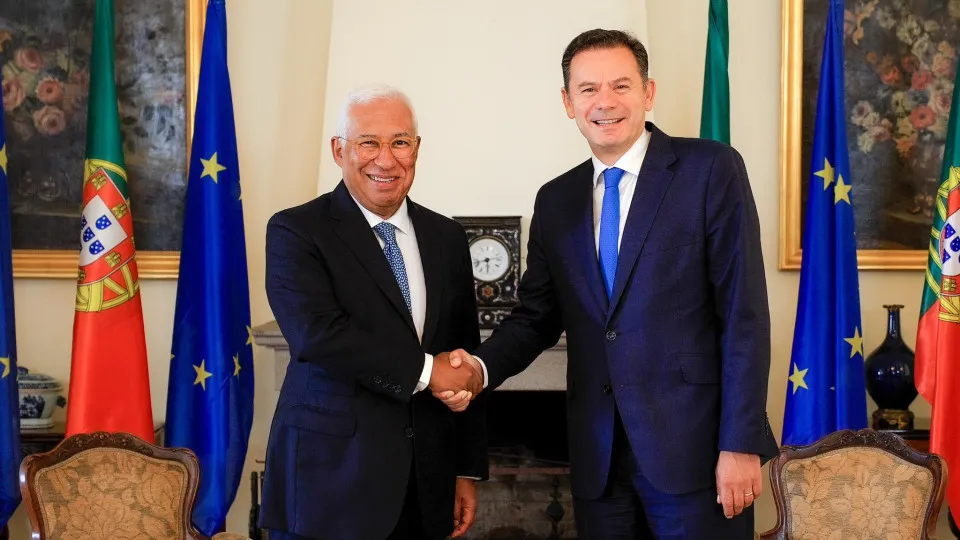
Thirty-five years ago, Portugal ratified the Convention on the Rights of the Child. In an interview, the president of the Child Support Institute (IAC) highlighted how this marked the recognition of children as subjects of rights.
The leader emphasized that the convention led to children being “seen and valued.” She noted the increased access to education, tighter monitoring of early school dropout rates, and heightened social awareness of violence against children.
Matilde Sirgado also remarked on “significant progress in child healthcare,” and the general acknowledgment that children hold individual rights, pointing to the establishment of child and youth protection commissions.
Conversely, she warned of “persistent challenges,” including child poverty, territorial inequalities, violence, school dropout, and “structural weaknesses” that persist in Portugal.
“Children’s rights are never definitively ensured and each social, economic, and health crisis can introduce new risks to children. Strengthening integrated policies that prioritize children and respect their voice is essential,” she concluded.
The vice-president of the National Commission for the Promotion of the Rights and Protection of Children and Young People (CNPDPCJ) highlighted Portugal’s progress over the past 35 years. She emphasized the “participation of children in any act concerning them,” which began in judicial processes but, as Maria João Fernandes noted, “goes much further” and is today “a much more enshrined right.”
She noted “significant evolution” regarding children’s rights practice in the country but acknowledged that a constitutional right, such as the right to a family, remains unfulfilled for many, pointing out that “thousands of children are in residential care.”
Fernandes also highlighted the 2021 amendment to the Penal Code, which recognized child victims of domestic violence as actual victims, alongside all community declarations or recommendations affirming and realizing children’s rights, particularly vulnerable ones, such as LGBTI.
Beatriz Imperatori, the executive director of UNICEF Portugal, noted that the country “has made significant progress,” highlighting reductions in child mortality, extended compulsory schooling, and strengthened social protection systems.
“However, challenges remain that cannot be ignored: growing child poverty, difficulties in accessing decent housing, and inequalities limiting equal opportunities,” she warned.
Imperatori highlighted that “one in six children still lives in poverty risk,” the number of digital violence cases continues to rise, and “every day, three crimes of sexual abuse and three crimes of domestic violence against children are recorded.”
She argued that children’s participation rights in decisions affecting them remain unfulfilled, advocating for “real space for listening and active participation of children as a decisive step for the coming years.”
According to Beatriz Imperatori, public policies are lacking to address current challenges, “from persistent inequalities to online violence and the impacts of climate change.”
From the perspective of UNICEF Portugal’s executive director, the convention on children’s rights “remains essential, not only to consolidate achievements but also to confront emerging challenges.”
“Marking this date is, therefore, a renewed commitment: to remember that children’s rights are a permanent priority and that we need public policies capable of meeting today’s needs and preparing the future for the next generations,” she concluded.




